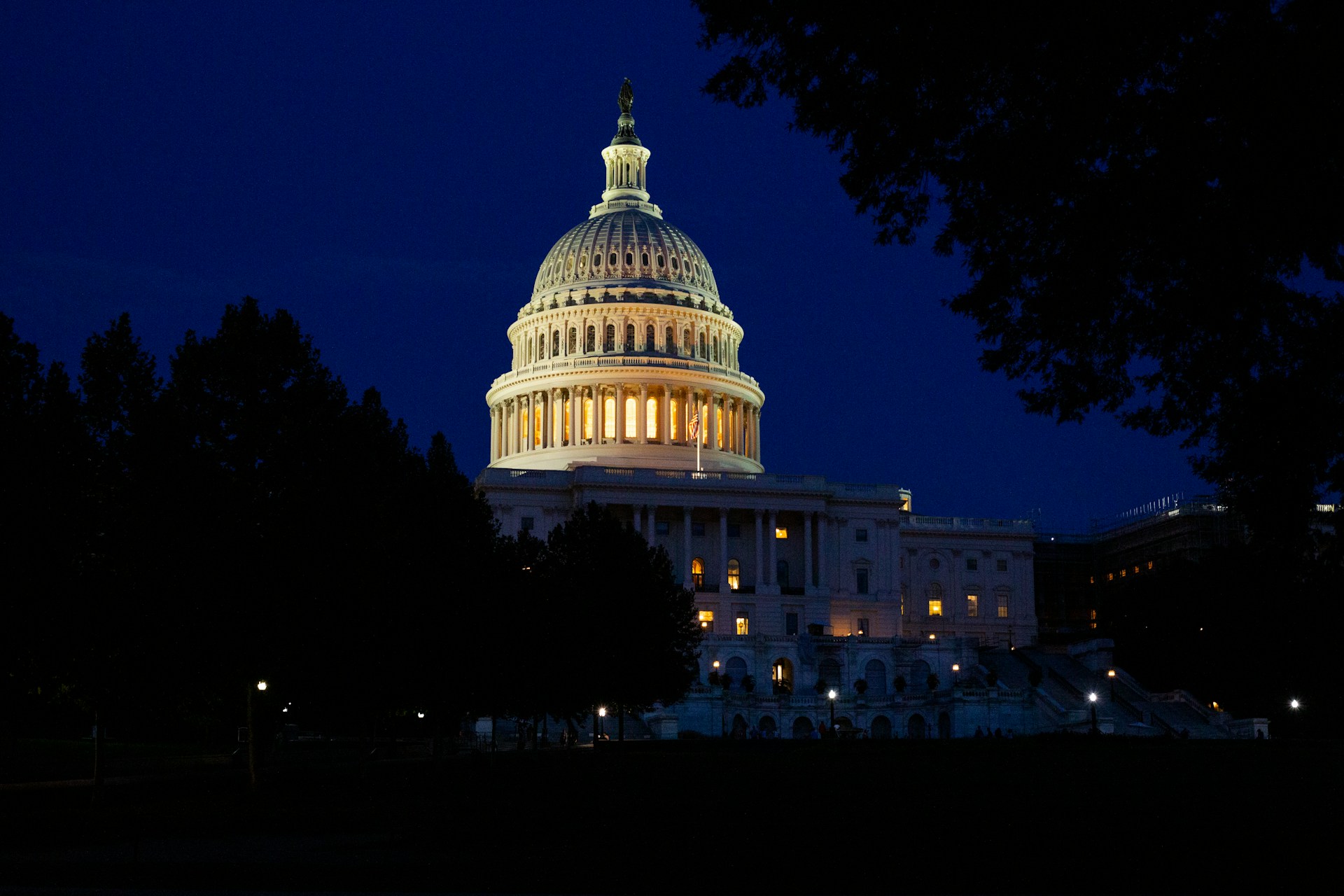The U.S. House of Representatives has cleared a crucial procedural hurdle, paving the way for formal debate on a sweeping package of cryptocurrency legislation. Central to this push is the GENIUS Act – a bill designed to regulate stablecoins at the federal level through reserve-backed requirements and transparent oversight. While the vote was narrow, passing 217 to 212, it reflects growing momentum behind efforts to bring digital asset markets under comprehensive legal control.
The legislative package forms part of a broader initiative dubbed “Crypto Week,” backed by Republican leadership and supported in part by the Trump administration. However, internal divisions remain. Lawmakers are debating whether to consolidate the proposals into a single bill or advance them independently, particularly as opposition mounts against provisions that would restrict a future U.S. central bank digital currency. Despite these frictions, the House’s rule vote allows full floor discussion to proceed, with several key amendments expected in the days ahead.
If passed, the GENIUS Act would work alongside the CLARITY Act, focused on defining crypto token classifications, and the Anti-CBDC Surveillance State Act, which seeks to prevent state-issued digital currency initiatives. Together, these bills aim to build the first cohesive regulatory framework for digital finance in the United States, with implications for institutional adoption, innovation governance, and consumer protection.
For the legal and compliance community, the procedural breakthrough signals an inflection point. A clearly defined federal framework would reduce the legal uncertainty that has long plagued crypto ventures, while giving banks and financial institutions the regulatory clarity needed to integrate stablecoins into mainstream payment infrastructure. Yet questions remain around the scope of regulatory authority, enforcement mechanics, and the future role of the Federal Reserve in digital currency oversight.
As congressional debate intensifies, legal professionals must monitor the evolving language of the legislation and prepare for potentially rapid implementation timelines. With global competitors advancing their own digital asset rules, the U.S. is under growing pressure to lead on crypto governance. The outcomes of this legislative package may well determine how American law shapes the next decade of financial innovation.


